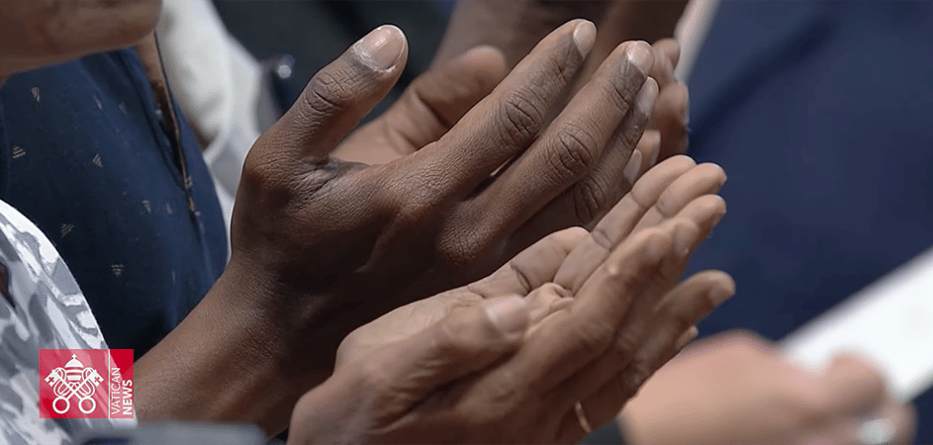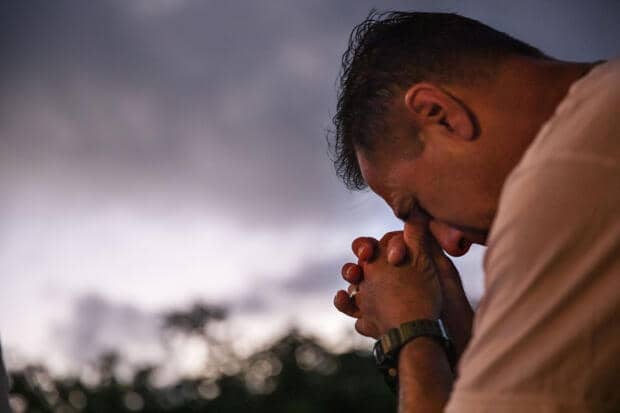Last week I was in a country hotel in Ireland with a whiskey in my hand, discussing the desperately tragic Charlie Gard case with five highly educated and successful American friends. If it helps to locate them, they were not very religious, all were appalled by Trump, all are in their fifties, and most are married with children of their own.
They didn’t agree on what they would do, faced with a team of doctors of a world-class hospital telling them that treatment for their baby’s rare genetic condition was futile. One would have accepted the hospital’s recommending he should be allowed to die, while another would have desperately sought out any alternative, whatever the cost and however experimental.
But there was one thing on which they could all agree. America is the land of heroic treatments, and if you’ve got the money and a hospital offering some blue-sky experimental drug or surgery, the system is pretty much stacked in favor of doing so.
RELATED: Parents of Charlie Gard drop legal fight, saying ‘time has run out’
The patient — or, in the case of the baby, its parents — is the customer, and medicine is a market, albeit a regulated one. Whatever the medical equivalent of “drill, baby, drill” is — “treat, baby, treat”? —it might be the slogan for the U.S. health industry.
It’s different in patrician, national-health-service Britain, where the medical staff determine whether or not to treat, and with what. The patients are consulted, of course, and their wishes and circumstances taken into account. But when it comes to patients who lack capacity, the General Medical Council regulations make clear that the best interests of the patient are their primary concern — especially if the treatment does not have proven health benefits.
This is not a usurpation of the parents, for the hospital does not have the power to decide against their wishes. When, as in the Gard case, parents and hospital disagree about the best course of action, the matter has to be referred to an independent judge.
The law treats children as having rights independent of their parents, and even appoints a guardian to represent him or her. The judge’s task — after hearing from advocates of the parents, the hospital and the child’s guardian — is to decide what is in his best interests.
The heart of this case was a disagreement between the parents and the doctors over what was in the interests of a 10-month-old baby with encephalomyopathic mitochondrial DNA depletion syndrome.
Great Ormond Street Hospital in London (GOSH), one of the world’s finest children’s hospitals, was familiar with Charlie’s condition, and is a specialist in treating it. But Charlie’s rare version of it was so severe and so terminal (his brain was irreversibly damaged) that they determined in January such treatment would be futile, and that his best interests were served by withdrawing life support.
But after contacting Dr. Michio Hirano, an American neurology expert from Columbia Medical Center in New York, Charlie’s mother Connie clung to the possibility that an experimental form of nucleoside bypass treatment (NST) could save Charlie.
With help from a publicist to arrange a heart-rending interview, she raised the money to take him to New York. But she was blocked by the High Court in April, which after taking evidence from Hirano agreed with the hospital that the treatment was unlikely to have any effect.
Mr. Justice Francis ruled that it was not in Charlie’s interests to continue on life support. The parents appealed, but the ruling was confirmed by the Supreme Court and finally the European Court of Human Rights at the end of June.
Last week the High Court reconsidered the case following huge international attention (including Pope Francis offering a shoulder to the parents to lean on), as well as an offer to care for Charlie from the Vatican’s Bambino Gesù hospital.
Mostly, however, it was because of fresh claims from Hirano that his treatment, which had not been tested even on mice, could benefit Charlie.
This time, the judge asked that Hirano come over and see the baby. He did, but scans last week showed that Charlie’s muscles have wasted away to the point where not even experimental therapy would have any chance of success.
Over the weekend, Charlie’s parents reached the decision that he no longer had the prospect of a “meaningful life” and that they would “let our son go and be with the angels.”
Both sides have been expressing some anger. The parents believe that treatment was possible in January, despite the hospital’s claim to the contrary, and that it was only not possible now because of the “time wasted” in the courts.
The hospital, meanwhile, suggested in a statement that Hirano acted irresponsibly in raising the parents’ hopes in April. Doctors had shared the parents’ hopes when Hirano said he had new evidence that Charlie might benefit from NBT, but had learned with “surprise and disappointment” last week that he had neither looked at the child’s brain scans nor read the medical notes, or even other expert opinions or the judgement of the court.
The hospital was also shocked to learn from Hirano that he “retains a financial interest in some of the NBT compounds he proposed prescribing for Charlie,” something that in the U.S. would barely raise an eyebrow, but in the UK is seen as a serious conflict of interest.
The case, as Charlie Gard’s parents’ moving statement yesterday put it, “has raised fundamental issues, ethically, legally and medically, [which] is why the story of one little boy from two normal everyday people has raised such conflicting opinions and ferocious arguments worldwide.”
Clearly, one of those issues is the difference between American and British medical cultures.
The Gards, and Hirano, took an American view; there was a chance, however slim, of experimental therapy saving Charlie’s life, so why not give it a go? The hospital, and the courts, took an essentially British view: Is it in Charlie’s interests? What are the chances of it succeeding, and what are the risks and benefits? Do we need to protect him from heroic treatment?
The Gards, and their supporters, used an American free-market narrative: Parents have the autonomy to decide for their children, and “the state” should stay out of it. This clearly shocked GOSH, whose July 13 submission to the court noted that in addition to its disagreement with the parents over the risks, benefits and ethics of NST for Charlie, there was a “more fundamental and unbridgeable divide of principle.”
Charlie’s parents, said the hospital, believed they alone could decide what treatment he could or not have, and that the hospital had no right to apply to the courts for an independent decision.
“A world where only parents speak and decide for children and where children have no separate identity or rights and no court to hear and protect them is far from the world in which GOSH treats its child patients,” it said.
All of which raises the contentious question: Which is closer to a Catholic ethical standpoint — the American approach or the British?
The first appears to value autonomy more — that of the parents to determine their children’s treatment, as well as that of the hospital to carry out heroic treatments. But the British system seems more likely to prevent either euthanasia (which remains illegal) or burdensome treatments that are not in the patients’ interests.
In the U.S., the president of the National Catholic Bioethics Center, John Haas, regards as self-evident the idea that treatment decisions are to be made by patients or their proxies, and finds support for that idea in U.S. bishops’ guidelines. In his view, the parents’ role has been “usurped” — a violation, in other words, of subsidiarity. That is a common view among many Catholics, on both sides of the Atlantic, commenting on this case.
But the subsidiarity argument breaks down when one considers that the doctors, too, are very close to the subject, and the courts intervened only because the lower-level authorities are in dispute.
Of course, parents matter. The Oxford-based Anscombe Center — also a Catholic bioethics institute — initially expressed concern that the parents were being treated in the courts as if they were unreasonable, and in its statement yesterday said it was important to look at why agreement could not be found between parents and doctors about what was in Charlie’s best interests.
But Anscombe did not question the fact that such agreement was necessary, nor that the courts had to intervene when it didn’t happen. Nor did it question the right of the hospital to oppose heroic treatment.
The British view, essentially, is that these agonizing decisions are reached together, through consensus, but with strong protections for the interests of the vulnerable. Personally, I’d rather be in a system where the doctors and the judges look out firstly for the interests of children: What if it were the other way round, and Charlie’s parents opposed treatment that could have helped him out of some deep-seated religious conviction?
In their statement yesterday, the Catholic bishops of England and Wales focused mainly on the suffering parents and their loss, but they recognized the joint nature of the discernment of what was in Charlie’s best interests. It was important to remember, they said, “that all involved in these agonizing decisions have sought to act with integrity and for Charlie’s good as they see it.”
That, surely, is the right way to view the tragic story of Charlie Gard, who will die sometime soon, having made — as his parents said — a greater impression on the world in his 11 months’ existence than many people will make in their lifetimes.
He elicited great love: Not just from his extraordinary parents whose testimony has moved the world, but from the hospital and the courts too, as well as public opinion. His case divided us because we cared enough to want to save him, or to want him to avoid unnecessary suffering.
Either way, it was love that led us to argue so heatedly over the fate of a baby we never knew.

















